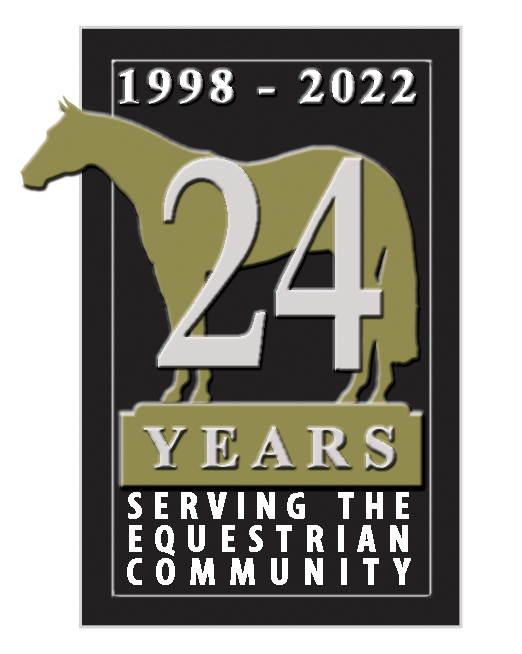Five tips to help prepare for a new horse
July 5, 2009Five tips to help prepare for a new horse Perhaps you’re shopping for your children or grandchildren, or maybe you would like to start your own equine project. Whatever your reasons for buying a horse, it is important to consider all of the options to ensure the horse will meet your specific needs. However, for many people, the challenges of buying a horse don’t stop after bringing their new addition home. Here are some things to consider before the new horse steps in the trailer to come home: 1. Complete any necessary ownership transfers for breed organizations. 2. Ask the current barn manager or owner about the horse’s feed and try to keep your feed comparable to help ease the transition. Also, make sure hay, tack and grooming supplies are on hand. 3. Pastures and barns should be free of clutter and items that can injure horses. 4. Separate new horses from horses already on the farm to help gradually introduce the new horse and to protect existing horses from potential diseases. 5. Ask the previous owner for documentation about the horse’s health history and vaccinations, and verify with your veterinarian that the vaccinations are up to date. The process of buying a horse can be just as stressful for the new horse as it is for the new owner. While you’re worrying about getting the horse settled into his or her new home, the stressors of traveling to a new barn and being separated from old herd mates could be taking its toll. “Events that many horse owners consider routine can be stressful enough for horses to develop ulcers,”1 says April Knudson, DVM, manager, Veterinary Services, Merial. “Training, traveling, competition2 and even stall confinement at an unfamiliar facility can cause stomach ulcers in as little as five days.”1 Dr. Knudson recommends ULCERGARD® (omeprazole) because it is the only product approved by the FDA for the prevention of equine stomach ulcers. During times of stress, one daily dose of ULCERGARD has been proven effective in preventing stomach ulcers over both short and long periods of time.*,3 “Beginning a new equine relationship takes time, patience and hard work,” Dr. Knudson says. “Using ULCERGARD before transporting your horse to its new home, and while the horse is adjusting, can help ensure that he’s healthy and ready to start working with you. It can help get your relationship off on the best possible foot.” Owning a horse can be an enjoyable and rewarding experience from the start with a little bit of preparation. The next time you anticipate a stressful situation for your horse, ask your veterinarian about ULCERGARD. ### For more information, contact: Rachel Torbert Bader Rutter (402) 434-5307 rtorbert@bader-rutter.com *When treated for 8 to 28 days, ULCERGARD is proven to effectively prevent stomach ulcers in horses exposed to stressful conditions. ULCERGARD® (omeprazole) can be used in horses that weigh at least 600 pounds. The effectiveness of ULCERGARD in the prevention of gastric ulcers in foals and weanlings has not been evaluated. ULCERGARD may be used safely in breeding stallions. Safety in pregnant mares has not been determined. ®ULCERGARD is a registered trademark of the AstraZeneca Group of Companies. ©2009 Merial Limited. Duluth, GA. All rights reserved. EQUIUGD914 (01/09). 1McClure SR, Carithers DS, Gross SJ, Murray MJ. Gastric ulcer development in horses in a simulated show or training environment. J Am Vet Med Assoc 2005;227(5):775-777. 2ULCERGARD product label. 3FOI summary for ULCERGARD Oral Paste
To unsubscribe, click here http://email.blueoxmailbox.com/functions/mailing_list.html?mid=2000305&submitaction=2&mlid=112229&activity=submit&siteid=508074&email=advertise@swhorsetrader.com&redirection=http%3A%2F%2Femail.blueoxmailbox.com%2Ffunctions%2Funsubscribed.html

